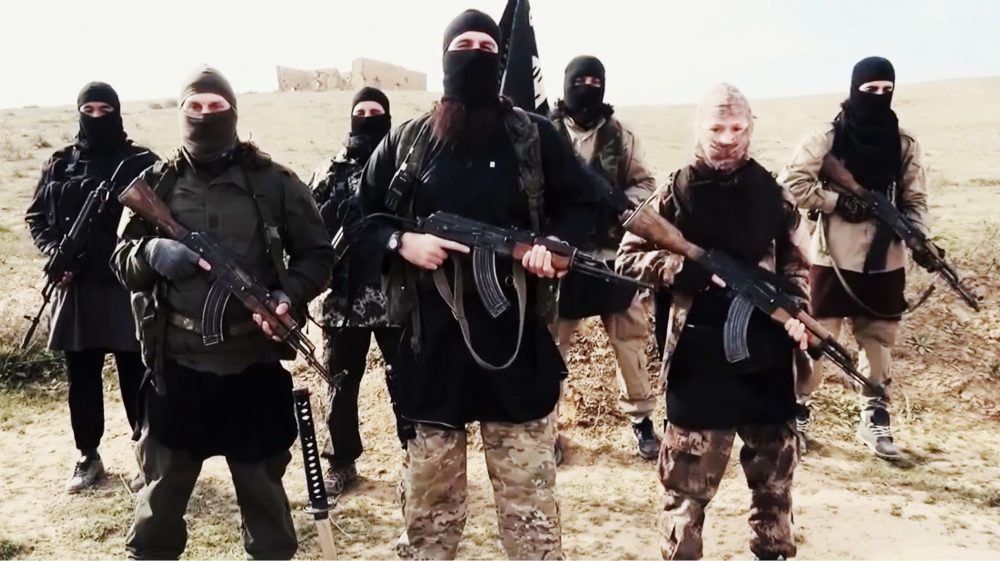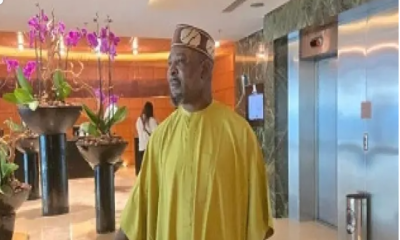More News
Borno Farmers Now Gladly Paying Taxes To ISWAP

Farmers and other residents of Damboa in Borno State are willingly and gladly paying Zakat (taxes) to the dreaded members of the Islamic State of West Africa Province (ISWAP), Daily Trust has reliably gathered.
Zakat is an Islamic finance term referring to the obligation that an individual has to donate a certain proportion of wealth each year to charitable causes. Zakat is a mandatory process for Muslims and is regarded as a form of worship.
A top state government official told our correspondent that many farmers are living under the control of ISWAP fighters in the Damboa axis.
“The terrorists allow the locals to farm and they collect what they called zakat (an annual alms tax or poor rate) from every farmer after they harvest their produce,” he said.
The source claimed that the farmers were not averse to the arrangement.
“When Boko Haram under Shekau infested these areas, they don’t even allow people to go to their farms; so, when ISWAP somehow took over, they said people can go to their farms but must pay tax and also pay zakat,” he said.
A farmer, who gave his name as Musa Mrusha, told our correspondent that many of the locals said they don’t want authorities to know.
“In the past, many Boko Haram fighters have killed many farmers during harvest time like this. But have you heard of such this year?
“Early last month they came and told me while I was at the farm that when it is time to harvest, they have their portions which I agreed and fulfil the promised,” Musa said.
Daily Trust gathered that the ISWAP fighters, who hitherto had a firm root in northern Borno, with the collection of taxes have recently uped their game in the southern part of the state.
They have in the last few months been collecting “tolls” from drivers and “taxes” from farmers.
Another passenger, Ismail, said the terrorists do send drivers plying the road on errands to buy some commodities for them from Biu while coming back.
“They have a checkpoint at Sabon Gari, Yemantan area, Ruga and smaller ones along the road. They are in strategic places where they can see vehicles from far away.
“They dress like soldiers and whenever the drivers see them, they would stop,” he said.
Source: Daily Trust
Send Us A Press Statement Advertise With Us Contact Us
And For More Nigerian News Visit GWG.NG














